Dereliction still a concern for Cork City Council
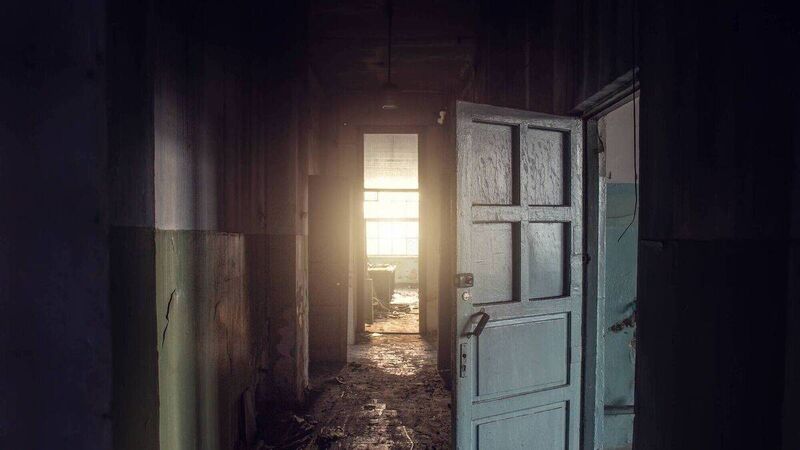
A total of €1,607,321 has been spent on compulsorily acquiring derelict properties since 2020
Figures provided by Cork City Council's Housing and Planning and Integrated Development directorates shows that since 2020, there have been 21 compulsory acquisitions. There have been five acquired properties sold on the open market or sale agreed with a private buyer, and almost all acquired are currently in the process of redevelopment.
A total of €1,607,321 has been spent on compulsorily acquiring derelict properties since 2020. The majority of this, €1,359,565, was spent in 2022, with a further €137,844 in 2023, €95,768 in 2024 and €14,144 in 2025 to date, with nothing spent on compulsory purchase orders in 2020 and 2021.
This includes two properties at 118 and 119 Barrack St which have been sold privately for redevelopment, while one property in Shanakiel and two on Kyle St have had a private sale agreed, with a process of conveyance advancing.
The council’s housing directorate are working on the refurbishment of one property on Elizabeth Terrace, one on Gerald Griffin Avenue, one in Cois Coilte, Mahon, one on Prosperous Place, Blackpool, one on Muskerry Terrace, Blarney, two on Lower John St and one in Old Market Place, one on St Mary’s Road, three on Thomas Davis Street, and four on North Main Street.
Questions
The data was provided to Labour councillor Ciara O’Connor and Green party councillor Dan Boyle at a recent council meeting in response to questions they had put to the executive.
Councillors voted in November 2022 to sell, for €275,000 plus Vat, the two properties on Barrack St — 118 and 119 — after their compulsory acquisition, for commercial use at the lower level and residential above.
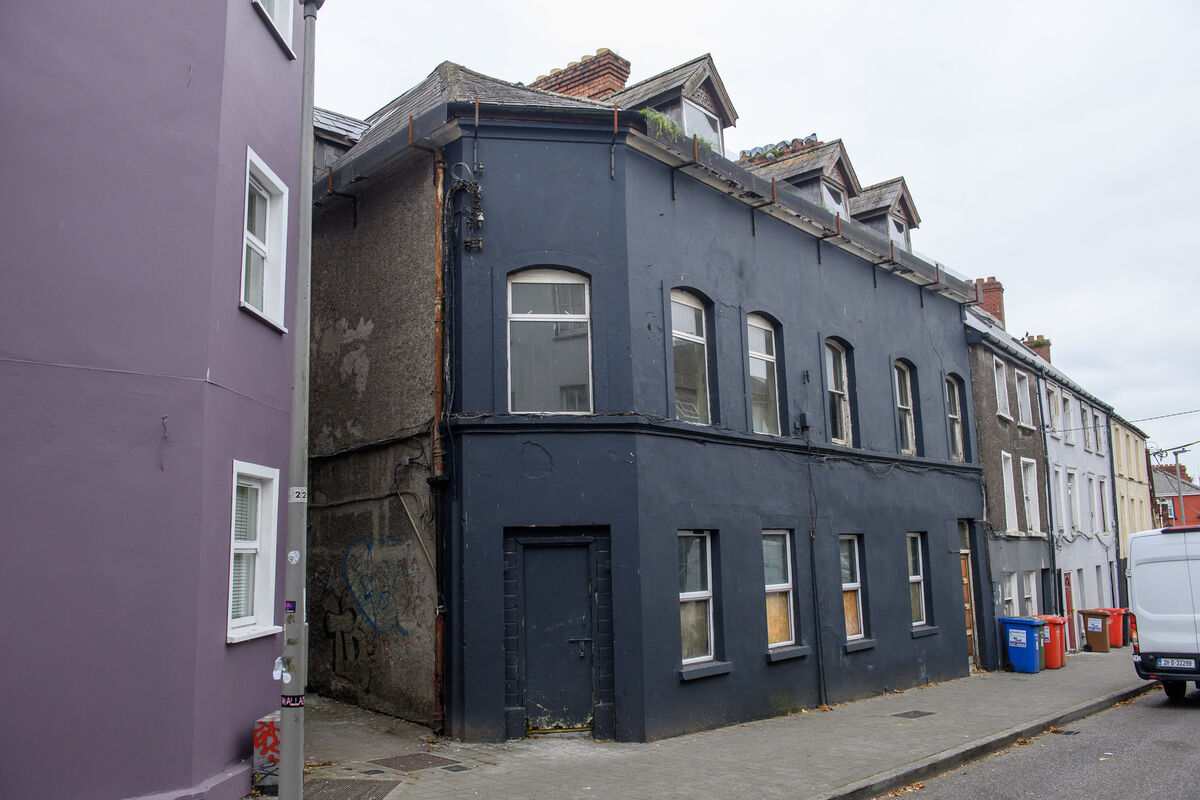
A number of conditions were attached to the property disposal, including one which stipulates that the purchaser must “complete the redevelopment and/or refurbishment of the property and removal of dereliction to the satisfaction of Cork City Council within a maximum of two years from the date of closing of the contract for sale”.
A spokesperson for Cork City Council told The Echo in July of this year that the agreement did not commence until the end of 2023, so the developer had until December of this year, adding “works are underway”.
Mr Boyle asked at the council meeting why the refurbishment of the Barrack St properties was not complete yet, and was told by the acting director of housing, Nicky Carroll that the developers “are taking longer than we’d like, but we are applying pressure on that”.
The Green Party councillor told The Echo that it was disappointing that none of the properties CPO’d were brought into use yet, but said that the council redeveloping the properties themselves should be the preferred option: “The failure to bring any of these buildings back into use is extremely frustrating.
“What seems to make most progress is when the city council develops these properties itself.”
The council incurs other costs in relation to vacant and derelict properties, including refurbishment work between tenancies and shutters to stop the homes being accessed while there is nobody living there.
Securing properties
Figures provided to Sinn Féin’s Kenneth Collins, also at Monday’s council meeting, show that the amount spent by Cork City Council on securing properties in the last 12 months was €221,492.
Figures previously provided by the council show that €890,000 was spent between the start of 2020 and September 2024, including €851,821 on security for vacant housing units and €38,844 on the shuttering of derelict properties, bringing the shuttering total to over €1.1m.
Detail on the funding spent on the refurbishment of void properties since 2020 was also provided to Labour’s Ciara O’Connor, and showed that €33m had been budgeted for this purpose since 2020, spent on the refurbishment of just under 1,200 properties.
The council budgeted €5.7m for void refurbishments in 2020, €2.7m in 2021, €3.7m in 2022, €7m in 2023, €7.9m in 2024 and €6.1m in 2025.
This funding saw the refurbishment of 264 voids in 2020, 92 in 2021, 164 in 2022, 202 in 2023, and 218 in 2024, with the council adding that they expect to refurbish 250 voids in 2025.
Alongside the large sums needed under various categories for vacant and derelict properties, the council’s main source of income in this area, levies, have been criticised as ineffective, and this avenue for funding may be closed off altogether in the coming years.
At the recent council meeting, details on the amount of derelict site levies asked for and actually paid over the last five years were also provided to Ms O’Connor.
The data showed that the council asked for €7,212,114 in levies over the last five years, but just €2,013,977 had been paid, less than 28%.
In 2020, they asked for €1.5m and received €162k, in 2021 they requested €1.7m and received €570k, in 2022 they asked for just €425k and received €280k, in 2023 they levied €900k and received €150k, in 2024 they levied €1.4m and received €480k and in 2025 to date they have asked for €1.2m and received €375k.
Owed
Overall, Mr Carroll said that Cork City Council was owed €6.7m in levies, which includes some issued pre 2020. However, the figures show that there has been an increase in payment of levies, with 32% of the levies issued in 2024 paid, compared to 11% in 2020.
As part of Budget 2026, finance minister Pascal Donohoe announced the introduction of a new Derelict Property Tax, which will be implemented and collected by the Revenue Commissioners.
This new tax will replace the Derelict Sites Levy, which is currently charged at a rate of 7% on the site market value, and will not be a lower rate than this. The minister said he intends to bring forward legislation providing for the tax in 2026, preliminary registers of dereliction will be published in 2027 and the tax will be implemented as soon as possible after that.
Though the idea to have these levies collected by revenue instead of local authorities has long been called for by housing activists and opposition parties to improve payment rates, two major questions have arisen from this announcement — why will it take two years to implement, and where will the monies collected go? Ms O’Connor asked at the meeting if the levies are to be collected by Revenue, if the income from them will be directed back to the council.
She was told by the council’s acting housing director, Nicky Carroll: “We don’t know, is the simple answer. We don’t know if the levies are to be directed back to us, but it’s a question we will be putting to the department.”
No clarity has been provided on this — the department of housing directed The Echo to Revenue in response to a query on this matter, who, in turn, said it was a matter for the department of housing, in consultation with the department of finance.
Toothless
Ms O’Connor told The Echo that the current levy is “toothless”, saying: “Too many property owners are allowed to sit on vacant and derelict sites without consequence. It’s deeply frustrating for communities watching buildings fall further into disrepair year after year.
“The same government was able to introduce a Vat cut for developers within hours of the budget, yet we’re expected to wait years for meaningful reform of derelict site legislation.”
However, she added: “If Revenue ends up collecting the new derelict property tax but there’s no clear mechanism to return that money to councils, we risk losing the very funding that allows local authorities to take action on dereliction in the first place. It’s vital that any new system strengthens local enforcement rather than weakening it.
“We can’t have a situation where Cork City Council is expected to tackle dereliction without the resources or clarity it needs. Local government must be properly equipped to act.”
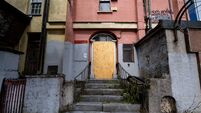


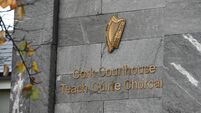
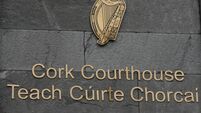





 App?
App?


